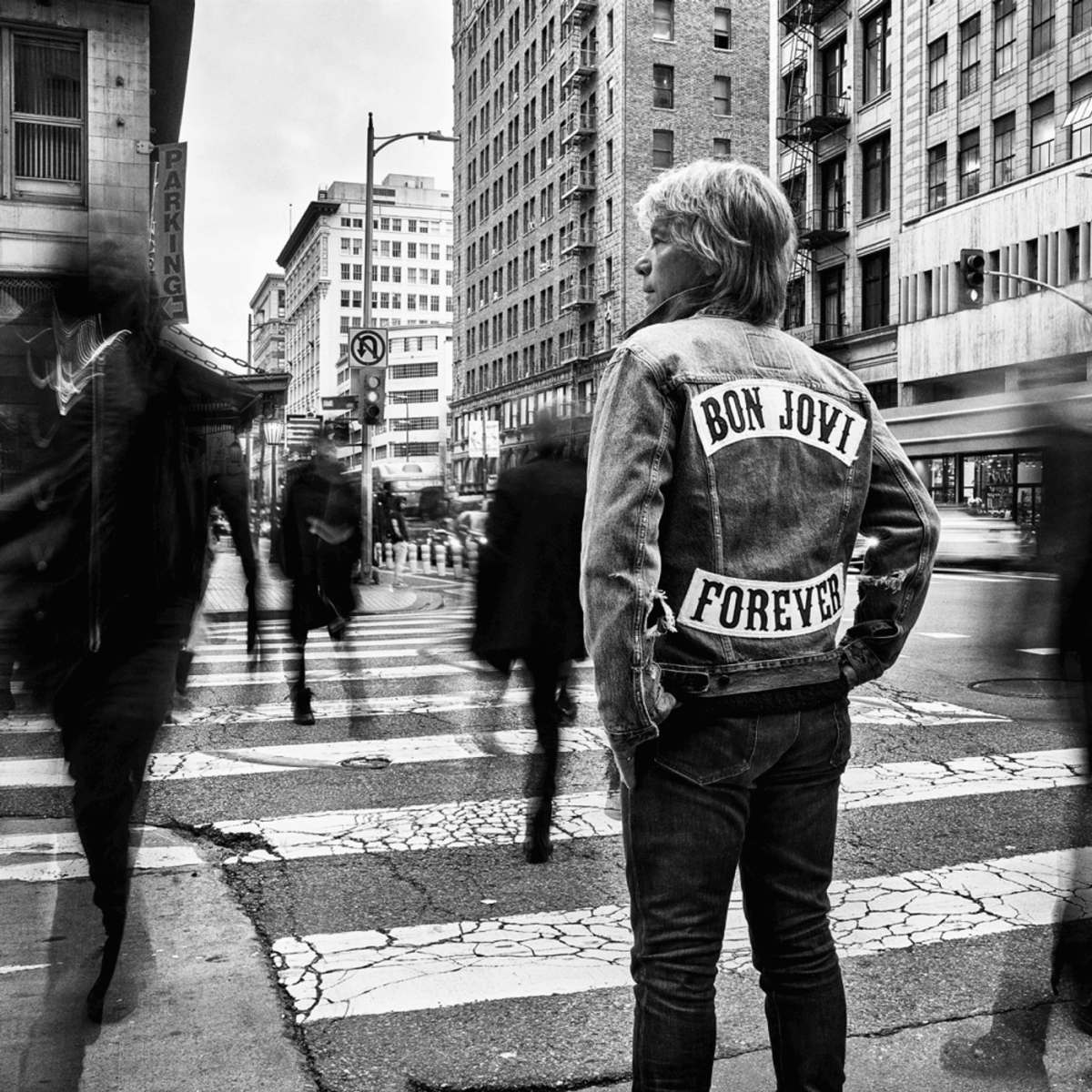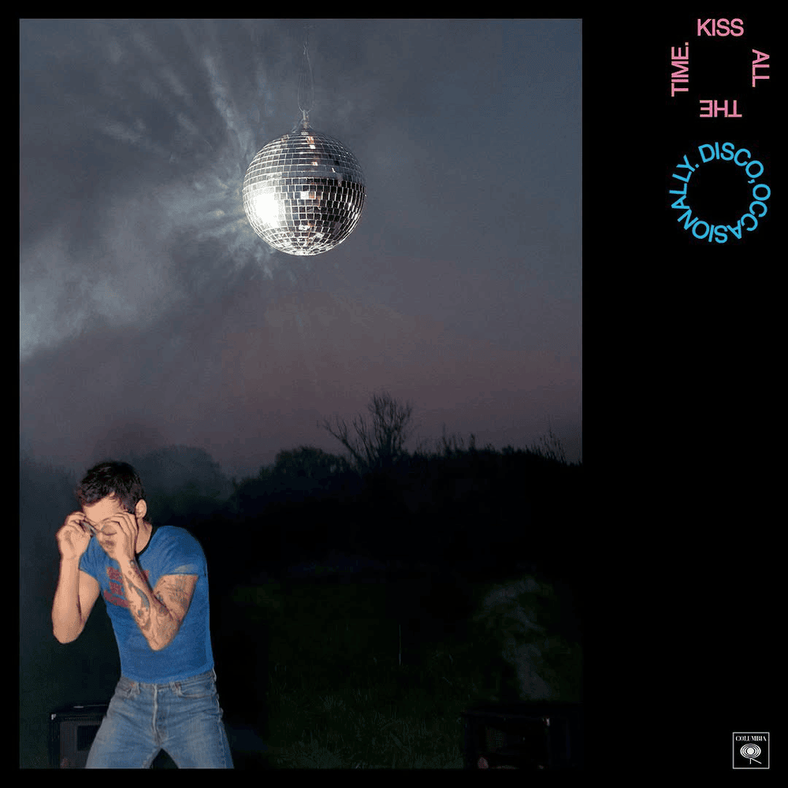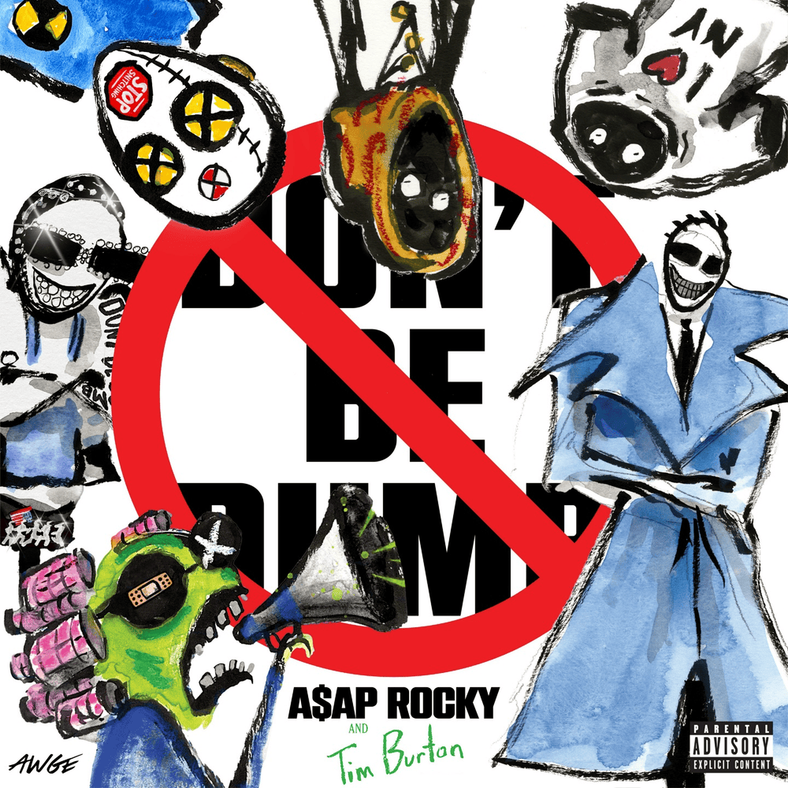Rating: 5.2/10
Iconic 80s rock band Bon Jovi released their 16th studio album, “Forever,” on June 7. The album consists of 12 songs, revisiting their classic rock roots for 48 minutes.
The album begins with “Legendary,” a rhythmic pseudo-love song dedicated to life. It rejoices in friendship, love and contentment with the present.
“Got what I want ‘cause I got what I need/ Got a fistful of friends that’ll stand up for me/ Right where I am is where I wanna be,” Jon Bon Jovi sings in the chorus.
Get The Daily Illini in your inbox!
Its rhythm, opening vocals and light acoustic guitar don’t present the type of rock and roll song typically associated with the popular 1980s arena rock group. The song’s redeeming quality is its rockesque message about joviality and fun, but the rest falls flat for the opening song to an album emulating the classic 80s rock sound. It plays more like a 2010s pop song, leaving much to be desired.
“We Made It Look Easy” is disappointingly similar to the first song, with similar instrumentals and almost the same story. With its rhythmic guitar and melodic drums, the song retains the 2010s pop feel that opened the album, recounting a chaotic friendship, presumably between rabble-rousing bandmates.
“We were broke-down cars chasin’ shootin’ stars (ooh, ooh, ooh)/ We were full of seventeen/ And we made it look easy/ Didn’t we?” Bon Jovi sings.
Rock fans may be more impressed with “Living Proof,” which is much more akin to Bon Jovi’s original sound.
The song begins with heavy metal vocals, eerily similar to those heard in the first few seconds of the band’s 2000 song “It’s My Life.” The instrumental focus is on the drums and electric guitar, channeling a heightened rock sound than the previous songs on the album.
The lyrics to “Living Proof” are edgier than the previous songs, sending a message about overcoming the past to achieve what you want, making it one of the stand-out tracks on the album.
The morose tone continues into “Waves,” with its melancholy lyricism and sound. The opening notes of the song, accompanied by the prominent vocals, are reminiscent of the 90s rock scene.
The plot of this song follows a tragic romance, losing love to the rash decisions of youth.
“I thought we were bein’ reckless/ You thought we were bein’ free/ Now I dream we’re in the ocean/ And I’m sinkin’ as you drift away from me,” Bon Jovi sings.
While the next song, “Seeds,” follows the same sound — utilizing major rock elements like electric guitar and harsh drums — it has a more optimistic storyline.
The song tells its audience to keep going, even when things are hard. This is a theme iconic to rock music of the seventies and early eighties, giving the song a true nostalgia for Bon Jovi’s peak. It’s a bright encouragement to the audience to persevere, juxtaposing the suffering and heartache of the previous songs.
“Kiss the Bride” opens with a soft piano riff that is a sweet contrast to the rest of the album up to this point.
Backed entirely by piano, it is a first-person narration of a father experiencing his daughter’s wedding. The narrator conveys the bittersweet feelings associated with the marriage of his child and having to surrender the place he has in her life. The heartfelt lyrics and melodic piano make this song one of the most emotionally charged tracks on the album.
“The People’s House” returns to the previous rock sound. Much like the other songs, it centers on electric guitar and drums to convey a positive message about overcoming.
“Time for the turnin’ of the page/ It’s time to say goodbye/ Old ways have changed/ No crime to look out for each other,” Bon Jovi sings.
Lacking much of a storyline, this song plays as more of a PSA to the people. It announces that the world belongs to everyone and people must learn to live in peace with one another. Like other songs from the album, the message and lyrics are evocative of the 1970s.
“Wall of Jericho,” on the other hand, returns to Bon Jovi’s iconic 1980s sound. It begins with a chorus of voices, one that the listener could easily imagine joining at a concert.
Following suit with the rest of the album, the story of this song is also thematic of perseverance. It differs from the presumed lived experience of previous songs, calling upon the biblical story of Jericho. The religious imagery aims to strengthen the message by recounting a tale of persevering teamwork to take down an opponent; however, it misses the mark for the younger audience by citing a story that lacks popularity in popular culture today.
“I Wrote You a Song” once again shifts the album’s vibe, with a slow piano and guitar concocting a contrasting environment from the instrumentals of previous songs.
Similar to “Kiss the Bride,” this piano song is an emotional narrative tapping into the topic of melancholy love again. He recounts the feeling of not having enough to give, which he remedies with the timeless gift of art.
“I wrote you a song, almost afraid to sing it/ How could it ever be beautiful enough?/ I can’t give you the ocean or the sky so blue/ The wonders of the world, they don’t compare to you/ I did the only thing I know how to do,” Bon Jovi sings.
While this song will probably not be on the playlists of many rock enthusiasts, its relatability and musical variety give it a solid spot on the tracklist.
Love is once again the theme in “Living in Paradise,” but written in a more positive light. The song revolves around a happy relationship where the narrator feels fulfilled.
“Summer’s gone, it’s been a long September/ Nothin’ matters, long as we’re together/ Yeah, we’re livin’ in paradise,” Bon Jovi sings in the chorus.
The instrumentals and vocals mirror the first two songs, with a 2010s pop sound. Along with the repetitive lyrics and theme, this song is lackluster and unmemorable.
“My First Guitar” is perhaps even more uninspired. The instrumental is once again guitar and drums, with repetitive rhythms and beats. The opening lyrics toe the line of vulgar, with intentional double-meaning.
“Got my hand around her neck, aw/ But it’s done with respect, aw/ I’ve had a few, but no other/ Has the love of my mother,” Bon Jovi sings.
The personification of his guitar gives the lyrics a strange tone, which comes off incredibly strong for the opening line and is followed by a particularly unoriginal chorus.
“I’m in love with my first guitar,” Bon Jovi repeats 10 times throughout the song.
Beyond its repetitiveness, the lyrics are similar to the song “I’m In Love With My Car” by the band Queen. While it certainly isn’t the same song, the repetition of the chorus and the overly descriptive nature of the narrator’s relationship with the object is enough to trigger a dedicated classic rock fan’s memory.
The album closes with “Hollow Man,” a narrative ballad backed by acoustic guitar and melodic piano. It’s neither overtly happy nor sad, simply questioning the future. Bon Jovi asks again and again what to do.
“Whaddo you sing when the song’s been sung?/ Who do you fight when the war is won?/ Whaddo you write when the book is done?/ Whaddo you sing when the song’s been sung?” Bon Jovi sings.
This song is another major standout on the album, capturing the essence of a rockstar navigating life after their career. Its slow pace, established storyline and existential questioning make it the perfect song to close the album.
Bon Jovi’s “Forever” comes four years after their album “2020.” While “Forever” reaches for the stars, it only grazes the iconic sound of the band. The songs are inconsistent in tone, sharply moving from upbeat pop to fast rock to slow ballad. The themes and lyrics are repetitive, making the sound hard to follow.
Despite its coalescence, a few songs stand out, tapping into the Bon Jovi sound and making this album a pleasant listening experience.
Designed for old and new fans alike, “Forever” aims to earn its place in Bon Jovi’s discography, but whether it actually does remains up to the listener.






